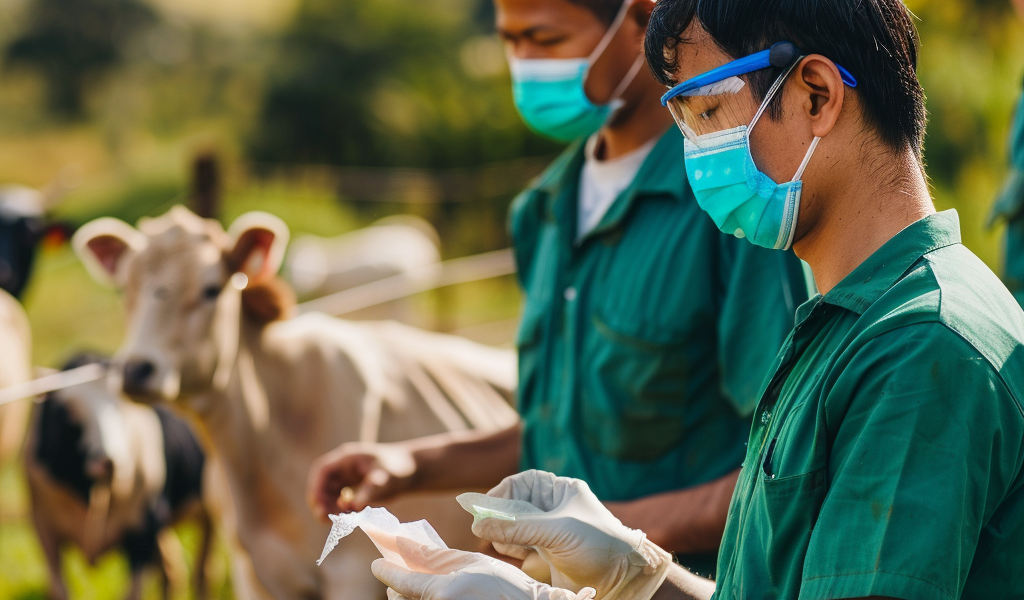A recent high-risk warning issued by the government has prompted the launch of a Bluetongue survey, appealing to livestock farmers familiar with the midge-driven virus to contribute to a charity knowledge initiative. The James Hutton Institute in Aberdeen is spearheading this effort, offering to donate £5 to a farming charity for each farmer who completes a brief 10-minute survey on the virus.
The urgency for this survey follows the disease recordings in November 2023 and a cautionary statement from the Animal and Plant Health Authority, indicating that the UK is currently at a ‘very high risk’ of a potential outbreak. The online survey aims to provide valuable insights to scientists on how to mitigate the impacts of this costly virus.
Bluetongue virus (BTV) made its first appearance in the UK back in 2007, with livestock from 135 farms testing positive during an outbreak that impacted various parts of northern Europe. More recently, during the winter of 2023-24, the UK reported 126 BTV cases across 73 premises in Kent, Cambridgeshire, Norfolk, and Suffolk.
Scientists attribute the rise in BTV cases to increased rainfall and temperatures, which are conducive to the spread of this insect-borne disease transmitted by the Culicoides midge. Despite concerns, the Department for Environment, Food & Rural Affairs (Defra) has assured farmers that there is currently no evidence of BTV circulating among biting midges in Great Britain.
As efforts intensify to combat the spread of Bluetongue virus, farmers are encouraged to stay informed and take necessary precautions to protect their livestock and livelihoods.





